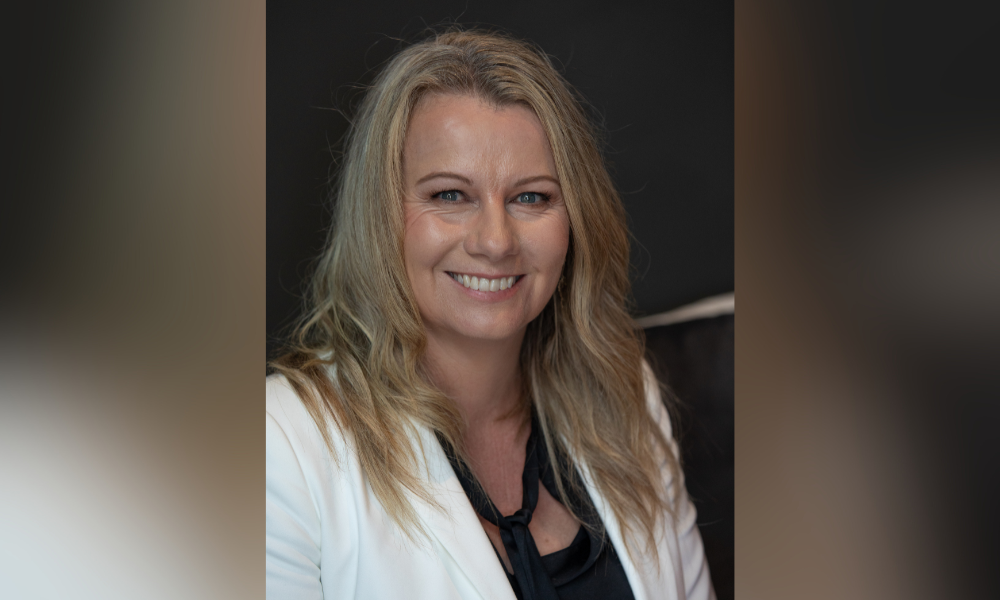Recruiters looking to fill problem-solving roles would do well to look for employees with high levels of curiosity, according to a new study.
According to a new study, people who displayed strong curiosity traits performed better at creative tasks, making them ideal candidates for problem-solving roles within an organisation.
Lead study author Jay Hardy, an assistant professor at the College of Business at Oregon State University (OSU), said that their findings “contribute to a growing body of evidence suggesting that testing for curiosity traits may be useful for employers, especially those seeking to fill complex jobs”.
Researchers further identified ‘diversive’ curiosity as most attractive and defined it as “curiosity associated with the interest in exploring unfamiliar topics and learning something new”.
They said it as a positive force because it leads its bearer to gather large amounts of information before tackling a problem.
“That information can be used to generate and evaluate new ideas in later stages of creative problem-solving,” they told Science Daily.
Hardy said this is particularly useful as more workplaces evolve and become more dynamic, it is more vital to have employees that can easily adapt to change and are open to learning new skills.
“But if you look at job descriptions today, employers often say they are looking for curious and creative employees, but they are not selecting candidates based on those traits," he said.
"This research suggests it may be useful for employers to measure curiosity, and, in particular, ‘diversive’ curiosity, when hiring new employees."
The other type of curiosity they identified was ‘specific’ curiosity and defined as a negative force that deals mostly with anxiety and only looks to fill information gaps.
In their study, Hardy and his fellow researchers made more than 100 undergraduate students take a personality test that measured their level of ‘diversive’ and ‘specific’ curiosity then asked them to create a mock marketing plan for a retailer.
They then evaluated their performance at the early and late stage problem-solving process as well as on quality, originality, and number of ideas generated.
They found those with stronger ‘diversive’ curiosity traits spent more time developing ideas in the early stages of the task and ended up having stronger performance scores.
"Because it has a distinct effect, ‘diversive’ curiosity can add something extra in a prospective employee," said Hardy.
He also noted that for people who are naturally creative but lack natural ‘diversive’ curiosity, spending some more time asking questions and reviewing materials at the early stages of a task amy help overcome this.
"Creativity to a degree is a trainable skill," he added.
"It is a skill that is developed and can be improved. The more of it you do, the better you will get at it."
Recent stories:
What you can do about the ‘sophomore slump’
‘Nice’ women earn less, claims study
How technology is changing the onboarding experience
Lead study author Jay Hardy, an assistant professor at the College of Business at Oregon State University (OSU), said that their findings “contribute to a growing body of evidence suggesting that testing for curiosity traits may be useful for employers, especially those seeking to fill complex jobs”.
Researchers further identified ‘diversive’ curiosity as most attractive and defined it as “curiosity associated with the interest in exploring unfamiliar topics and learning something new”.
They said it as a positive force because it leads its bearer to gather large amounts of information before tackling a problem.
“That information can be used to generate and evaluate new ideas in later stages of creative problem-solving,” they told Science Daily.
Hardy said this is particularly useful as more workplaces evolve and become more dynamic, it is more vital to have employees that can easily adapt to change and are open to learning new skills.
“But if you look at job descriptions today, employers often say they are looking for curious and creative employees, but they are not selecting candidates based on those traits," he said.
"This research suggests it may be useful for employers to measure curiosity, and, in particular, ‘diversive’ curiosity, when hiring new employees."
The other type of curiosity they identified was ‘specific’ curiosity and defined as a negative force that deals mostly with anxiety and only looks to fill information gaps.
In their study, Hardy and his fellow researchers made more than 100 undergraduate students take a personality test that measured their level of ‘diversive’ and ‘specific’ curiosity then asked them to create a mock marketing plan for a retailer.
They then evaluated their performance at the early and late stage problem-solving process as well as on quality, originality, and number of ideas generated.
They found those with stronger ‘diversive’ curiosity traits spent more time developing ideas in the early stages of the task and ended up having stronger performance scores.
"Because it has a distinct effect, ‘diversive’ curiosity can add something extra in a prospective employee," said Hardy.
He also noted that for people who are naturally creative but lack natural ‘diversive’ curiosity, spending some more time asking questions and reviewing materials at the early stages of a task amy help overcome this.
"Creativity to a degree is a trainable skill," he added.
"It is a skill that is developed and can be improved. The more of it you do, the better you will get at it."
Recent stories:
What you can do about the ‘sophomore slump’
‘Nice’ women earn less, claims study
How technology is changing the onboarding experience





